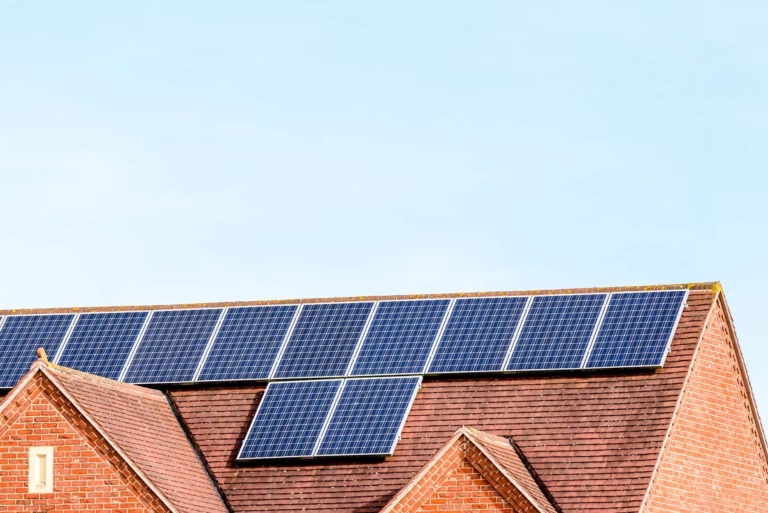What is WHO?

Warm Homes Obligation (WHO)
– Overview & Policy Background
It is anticipated that the Warm Homes Obligation (WHO) will be the UK Government’s flagship energy efficiency scheme, under the warm homes plan – supporting households with insulation, heating upgrades, and other measures that reduce energy use and cut bills. WHO will strengthen the government’s commitment to tackling fuel poverty and meeting carbon reduction targets.
Replacing the Energy Company Obligation (ECO)
The WHO would replace the long-running Energy Company Obligation (ECO), which had been in place since 2013 and finishes March 2026. Like ECO, WHO will fund and deliver energy efficiency improvements to eligible households.
However, the WHO will likely build on ECO with:
- A stronger focus on low-income and vulnerable households – ensuring those most in need benefit first.
- Broader eligibility criteria – capturing more households living in fuel poverty or in homes with poor energy performance.
- Increased ambition – supporting the government’s targets for reducing emissions and improving the housing stock.
This transition marks an evolution from ECO’s targeted schemes into a more comprehensive programme with greater reach and accountability.
Policy background
The Warm Homes Obligation will sit within the UK Government’s wider strategy to:
- Tackle fuel poverty by reducing household energy costs.
- Meet climate commitments under the Climate Change Act 2008 and the legally binding net-zero target for 2050.
- Deliver on energy security by lowering demand through efficiency improvements.
WHO is one of several government-backed initiatives designed to reduce carbon emissions from buildings and ensure homes are warmer, healthier, and more affordable to heat.
The scheme reflects lessons learned from ECO and other programmes, combining targeted support with a national push to raise the energy efficiency of the UK’s housing stock, much of which remains below modern standards.
Key points at a glance
Support is focused on insulation, efficient heating, and low-carbon technologies.
It replaces the Energy Company Obligation (ECO) with expanded aims and scope.
The scheme will likely be central to the government’s fuel poverty and net-zero strategies.
